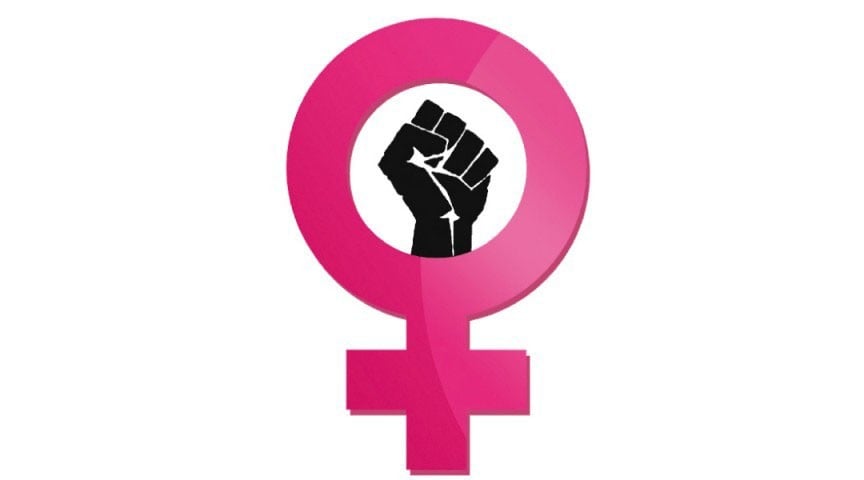
Patriarchy robs the women of our countries of their dreams and opportunities

States, like ageing men, are often set in their ways. In the world of centuries past where communications technology could be easily controlled the refusal to change one’s ways might have been effective or, at worst, inconsequential. But in the age that we live in things change, and are communicated, within seconds.
Pakistan has been a particularly good example of regrettable state action when it comes to banning things. And now India has joined us by banning a BBC documentary film that brings to light the plight of women in India. The reasons, ours as well as India’s, are always the same: the state feels aggrieved and unfairly targeted. The state argues that the banned material hurts national sentiments and spirit of cohesion. The argument that the banned material only presents one side of the story is also made. None of this however addresses the real issue: states are scared of being called out on their deep rooted problems.
Of course India is full of empowered women and that country has produced no shortage of remarkable women. But this cannot be a premise for ignoring that millions of women in India, and indeed across the world, face harassment on a daily basis. Distorted notions of a woman’s place in society characterise the entire South Asian region and indeed most of the world. It does not matter whether reductionist and patriarchal beliefs are rooted in distortions of history, economics, societal structures or even nationalism. The bottom line is that the women are suffering and India’s latest action of banning a film that brings to light India’s failures is worthy of the strongest condemnation.
Cases of rape are a particularly horrific reality and therefore must be confronted head on. Our legal systems, and I say this for the entire South Asian region, have failed women. Law is largely a male construct and those implementing it are of course tainted by their own patriarchy. This is true for lawyers, police and the trial courts. The only answer is long term reform and each country, from time to time, tries to tweak things to begin that journey. However, part of that journey requires that we must accept and acknowledge how bad things actually are. If a rapist’s views on women are gruesome we must hear them. Repulsive views need to be heard and we must understand that people seeing women as inherently inferior are humans and there is a reason that millions of men in this part of the world actually harbor such views. Those reasons are of course rooted in distortions of narrative I have already hinted at above. And once we understand why such views are held we must go about changing the narrative. And it is in this respect that the Indian government has failed its citizens -- particularly women -- by banning the BBC film.
India is a land of fascinating diversity. It is breathtaking in all ways imaginable. Its character as a largely secular state has a lot to recommend it. By banning this latest film India has done a disservice to its own character. States often do not realise the damage they do to their own reputation. There is no good reason for India to shy away from showing a film that essentially blames private attitudes and lack of enforcement of law -- a problem already recognised by the state in its policies.
The damage that would have stemmed from allowing the film to be shown was practically zero. The damage that flows from banning is immense -- not just for India but for Modi’s government. There is no shortage of people who are suspicious of his ultra nationalist and religiously conservative party. By banning this film the Modi government is giving its skeptics something unnecessary to talk about. It is baffling that this mistake has been made in the first place. It is incumbent upon Modi now, as the leader of a democracy and its also in his own interest, to ensure that the BBC film is aired freely in India.
As I write this, reports have floated that YouTube has also taken down the film in India. This is particularly troubling. Make no mistake about it. The reason YouTube did what it did was not the law and order situation but because of big business. Money talks and when YouTube’s so called high standards are compromised on an issue as sensitive as this it leaves one disgusted.
Our only role as citizens in this is to ensure that our voices do no die. Patriarchy is a particularly grave illness that afflicts our societies and robs the women of our countries of their dreams and opportunities. In this day and age, thanks to social media, we are all citizens of the world. We must use this power to exert pressure on countries that do injustice to human rights and to companies that aid and abet such practices.